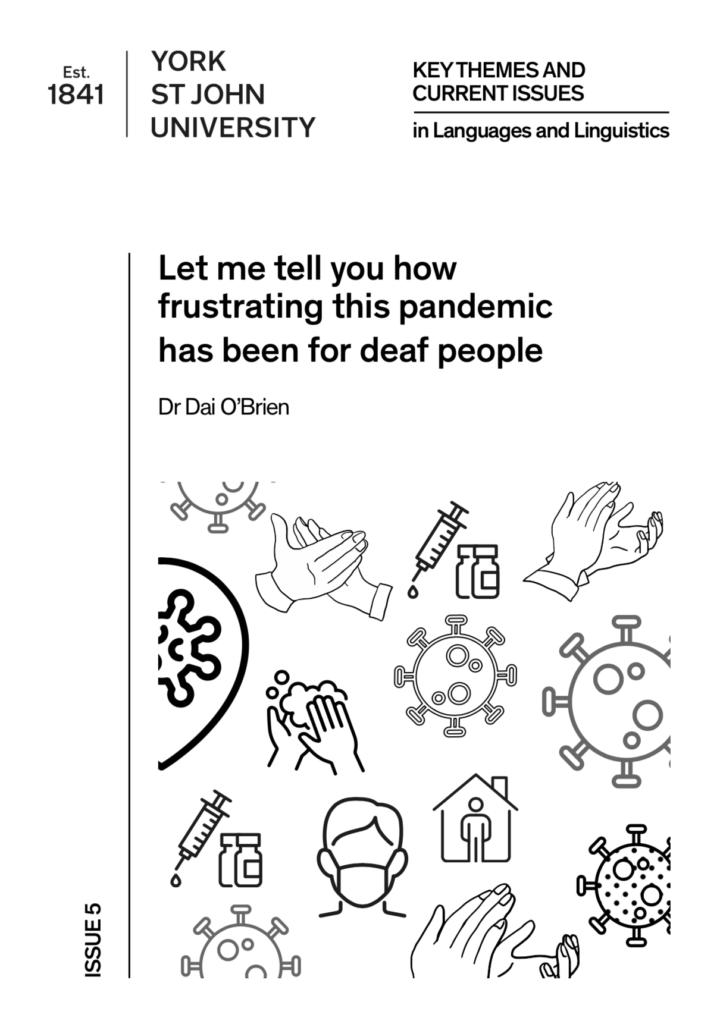
It would be a brave person who tried to argue that the UK government, over the past several years, hadn’t shown
a kind of systemic ableism in its attitudes towards and policies dealing with disabled people.
This ableism is reflected in wider societal and media- based discourses in the UK. Over the past few months…
away after lockdown – Professor Lynne Gabriel Download
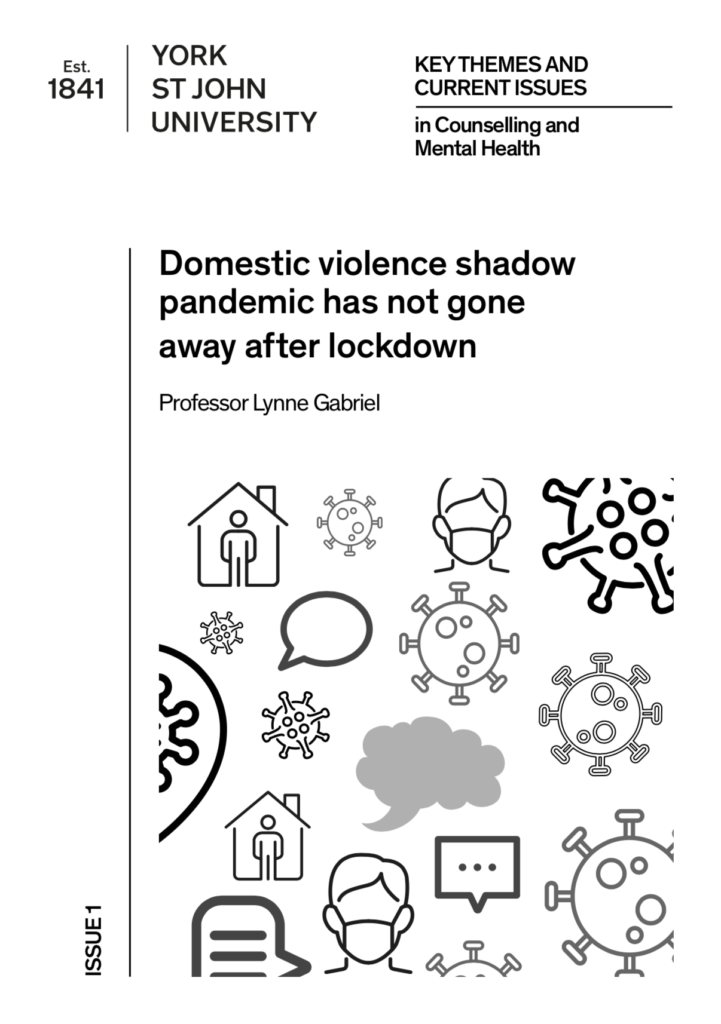
Government instruction to stay home during coronavirus lockdown was life-threatening for those caught up in violent or abusive relationships.
Sixteen women and girls were killed in cases of suspected domestic violence during the first month of lockdown in the UK, as reported by The New York Times. The victims ranged in age from two years old to 82.
and why it matters – Dr Indu Vibha MeddegamaDownload
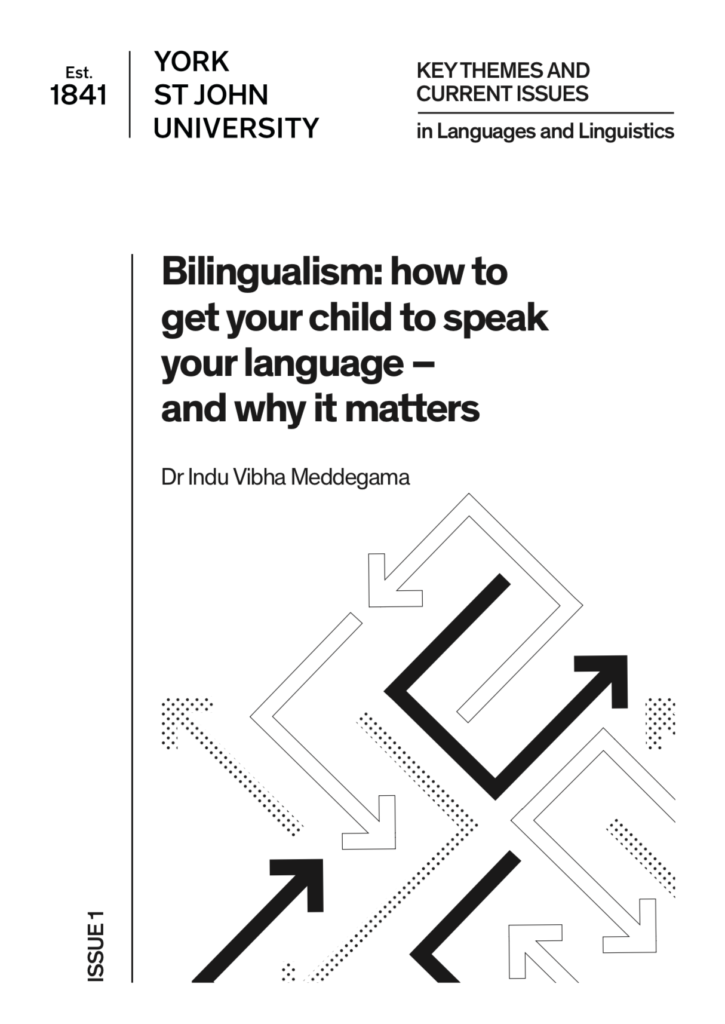
Humans have been migrating since prehistoric times
– moving within and beyond geographical borders – in search of food, for survival or for better prospects in life. In the European Union alone, the latest figures show that in 2016 more than 4m people immigrated to an EU country, while at least 3m emigrated and left an EU member state.
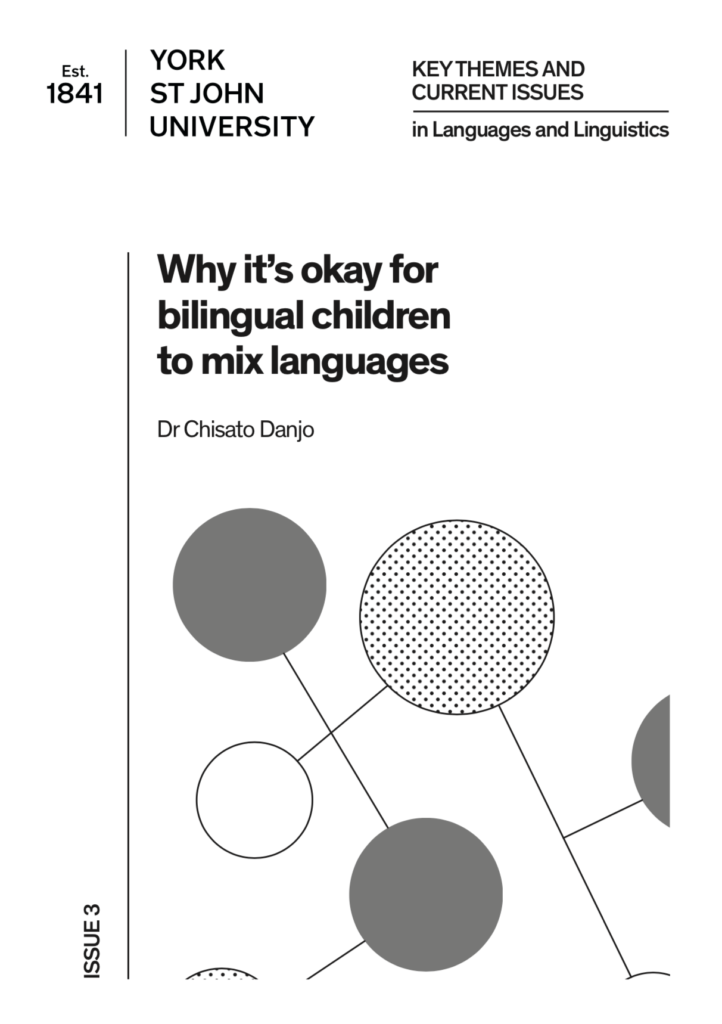
Few would consider mastering more than one language a bad idea. In fact, research points to a number of cognitive, economic and academic advantages in being bilingual.
Parents who speak different languages understand the family home is an important setting to learn both, and seek various ways to help their children thrive bilingually.
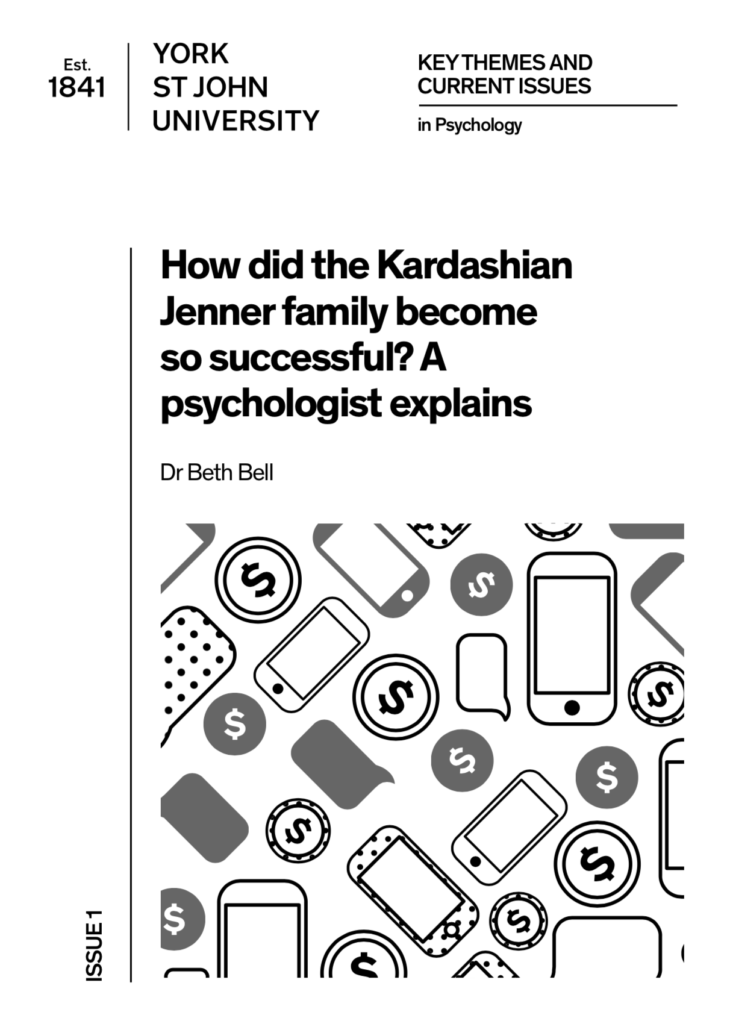
Since Keeping up with the Kardashians first aired ten years ago, the Kardashian-Jenner sisters have risen from bit players in a reality TV show, to international celebrities and household names. In a society where beauty and wealth seem to be valued above all else, it’s easy to see why Kourtney, Kim, Khloé, Kendall and Kylie are idolised as paragons by women and girls around the world.
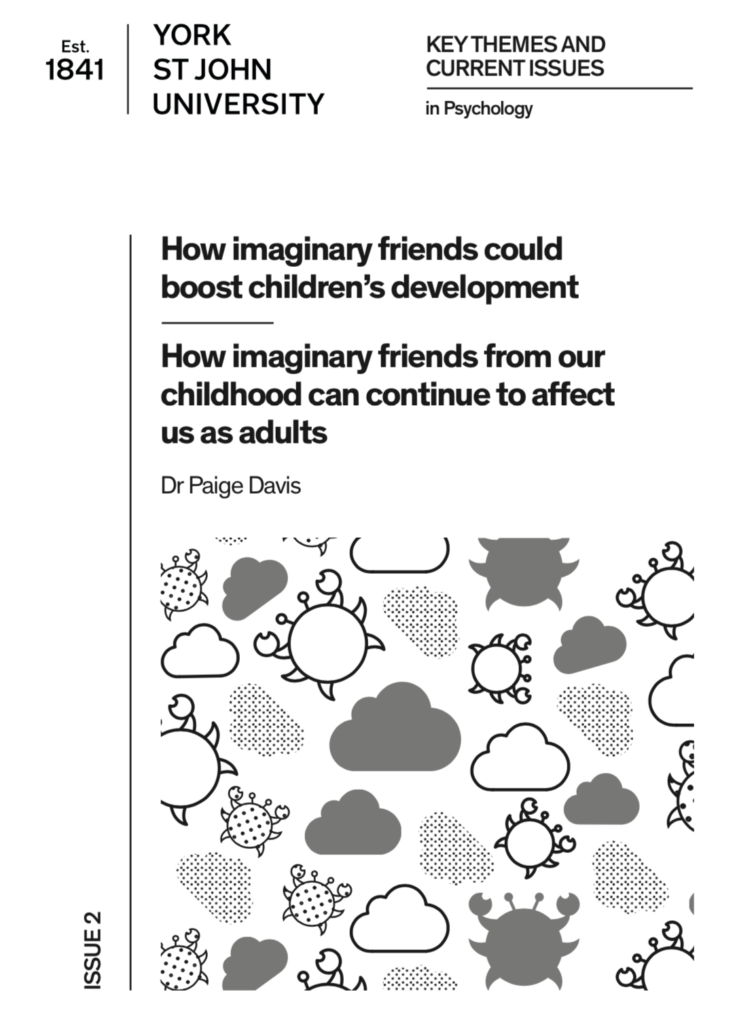
Psychologists first became interested in imaginary friends in the early 19th century because they feared they could be a sign of emotional instability or psychological problems in children. But as scientists have learned more about these invisible playmates over the last two decades, it has become increasingly clear that they are actually quite the opposite – a sign of positive developmental progress.
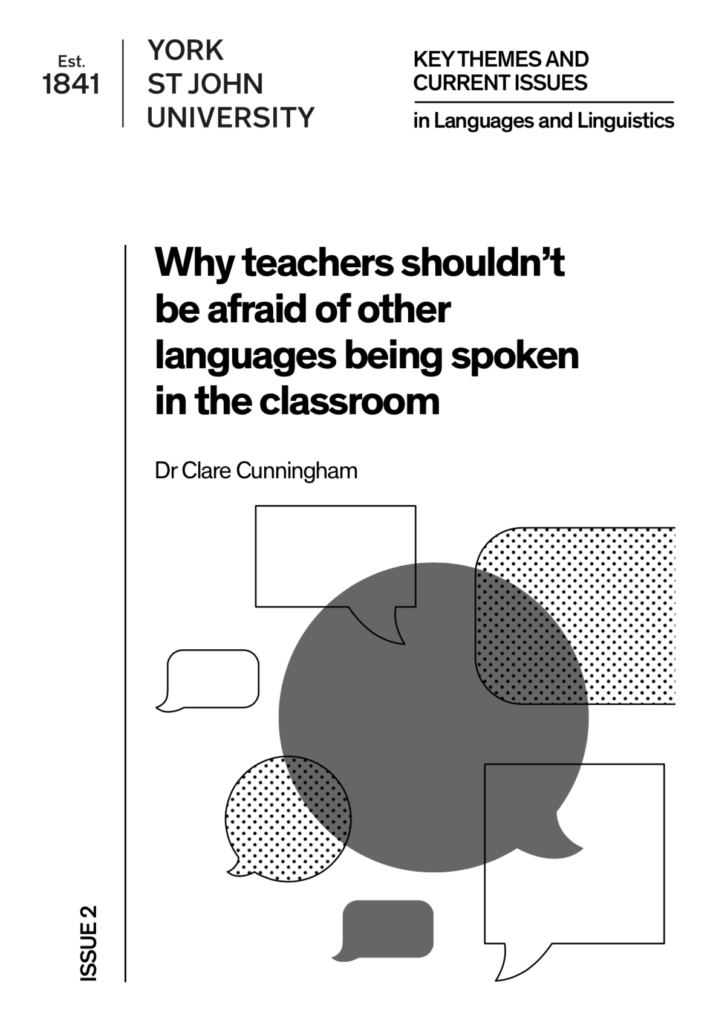
More than 20% of all primary school and 16% of secondary school children in the UK speak languages other than English. And there are now more than 360 languages spoken in British classrooms.
But more often than not, in mainstream schools in the UK, the “home languages” of children can be sidelined at best, and prohibited at worst.
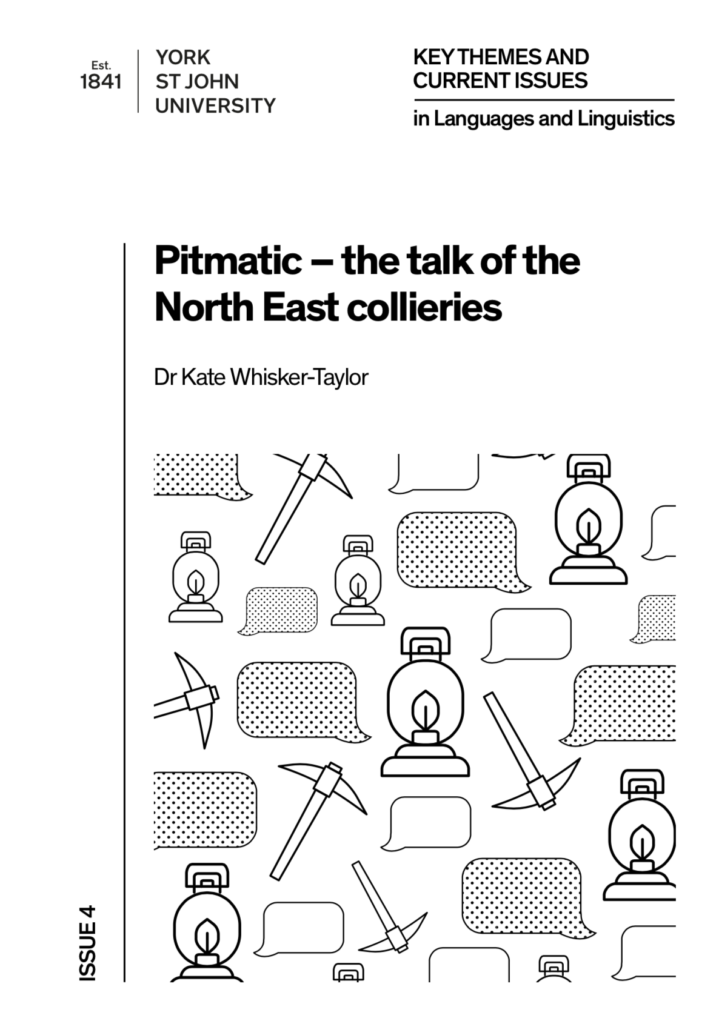
In 1885, The Times newspaper describes “an unintelligible language”, known as Pitmatic, spoken by men in a mine in the North-East of England. Nearly half a century later, in 1919, the Northern Daily News reports that, while younger miners use Pitmatic in street-end and other familiar contexts, they are also able to “converse in a near approach to conventional English”.